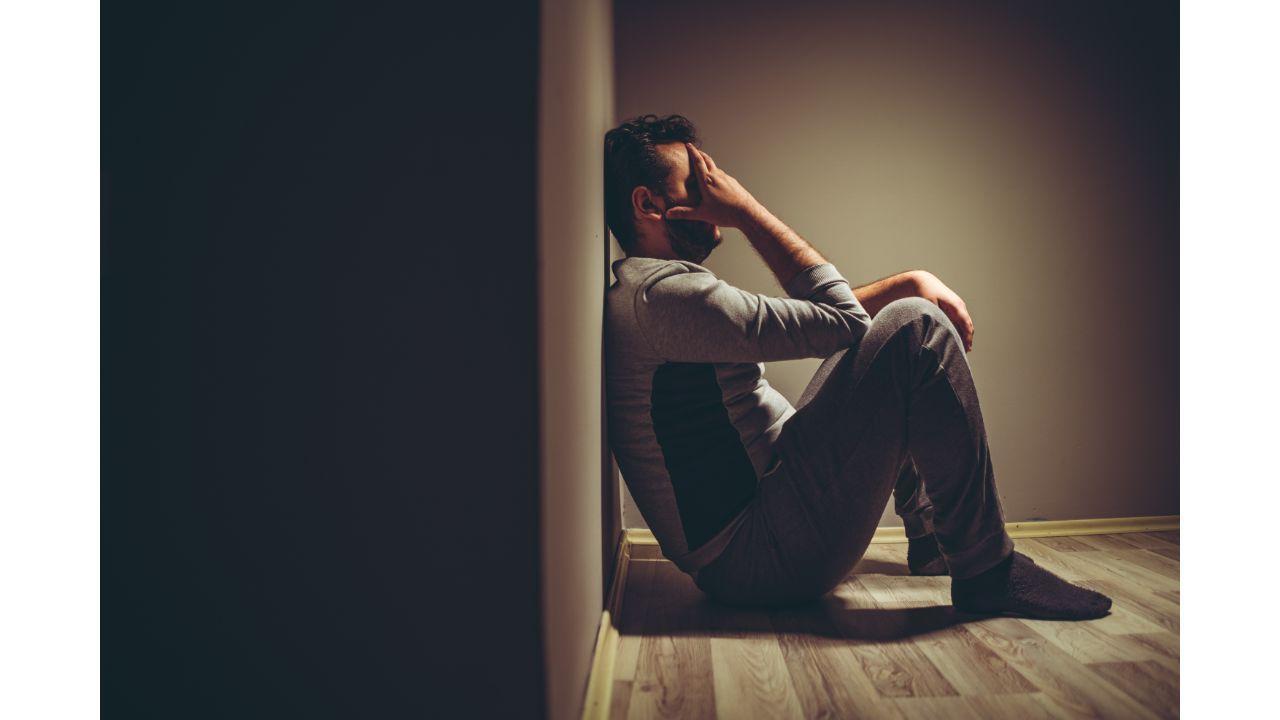Continuous caregiving during the coronavirus pandemic is exacerbating mental health issues. Dr Chinmay Kulkarni, a city-based psychiatrist, shares tips for carers to follow

The photo is for representational purpose only
India continues to be battered by the pandemic. The sudden surge in corona-virus cases in most states including Maharashtra has put even more pressure on the healthcare system of the country. While healthcare and frontline workers continue their efforts to care for patients in hospitals, there are many caregivers who have been working silently and tirelessly from the confines of their homes.
ADVERTISEMENT
Some even have to balance their work-from-home routine and their time taking care of senior citizens or looking after Covid-positive loved ones. Good samaritans are left emotionally drained from long hours of helping strangers search for resources in the crisis. It is natural that this has taken a toll on their mental health. Dr Chinmay Kulkarni, a city-based psychiatrist, shares the most common mental health issues faced by caregivers during the coronavirus pandemic and suggests some tips for them to follow.
Dr Chinmay Kulkarni
How has the pandemic affected the mental health of caregivers?
Pandemic has affected the mental health of caregivers in a major way. Before pandemic, caregivers would go out, have some free time with their friends or colleagues. This would help them to relax, distract their mind away from care-giving. Due to the pandemic and work-from-home, caregivers are constantly in contact with the person who needs care. Due to the risk of infection, hiring a professional caregiver has also become difficult. So all the stress of caregiving and doing other necessary tasks has come on the shoulders of the family care-giver. Due to this many of the caregivers are having symptoms of anxiety, burnout, irritability. Pandemic also has stopped socialising which is very im-portant for the mental health of the caregiver as well as the cared-for.
What are the most common issues they suffer from or are likely to suffer from while caring for someone else?
People are suffering from helplessness because, like earlier, their friends, family members would not be forthcoming to help due to fear of infection. They are also overwhelmed because they have to take care of their work, do all the household work, take care of children as well as take care of the person who requires continuous care. Often, this is causing frequent irritability and anger outbursts. This later result in feelings of regret, guilt as when they calm down they understand that their anger was unnecessary. A large number of people feel that their workload has increased after they have started working from home. This, along with caregiving is making caregivers stressed most of the times which is resulting in burnout. There is also a lot of hopelessness as the pandemic is not ending.
What should they do when it becomes too much for them mentally but they still have to pull it through since they have a loved one or patient to take care of?
Distributing the caregiving work among the family members is very important. It will also help if they stop thinking about things too far away. Doing necessary planning and then focusing attention only on today might relieve anxiety as thinking about when will pandemic end and what might go wrong can cause a lot of anxiety. So shift the unit of time to a day or so.
What is your advice to caregivers about taking care of their own health?
Doing regular exercise and meditation will also help them to feel better as both these activities cause a release of happiness hormones called as endorphins. If there are major worries about the person they care for then it would be better if they assign a particular time for thinking about that. So they should think and talk about that problem only during that half or one hour. For the rest of the day they should not keep on ruminating on those anxious thoughts.
Social media has become a platform where people are reaching out for help and complete strangers are doing everything in their capacity to help each other. They are also mentally exhausted. What advice do you have for them?
Using social media for a limited time is very necessary. If being on social me-dia, helping people on social media is causing too much exhaustion, then one needs to understand that it is important for you to have good mental health for you to help more people who have problems. Understanding our limitations and knowing that you can’t help everyone in every problem is not being apathetic.
Since the pandemic is far from over, how can caregivers be mentally pre-pared for the long haul?
Don’t be prepared for the long haul. It causes a lot of tension. Instead, be pre-pared for the uncertainty of the longevity of the pandemic. Understand that we can’t know the answers to all the questions. So nobody can confidently tell for how long the pandemic will last. So focus on today. Think for today, work for now. Get your attention to the present tense. Be mindful of the task at hand. Your worrying is not going to shorten the pandemic. Take vaccines and precautions which will help in the pandemic getting over.
 Subscribe today by clicking the link and stay updated with the latest news!" Click here!
Subscribe today by clicking the link and stay updated with the latest news!" Click here!






